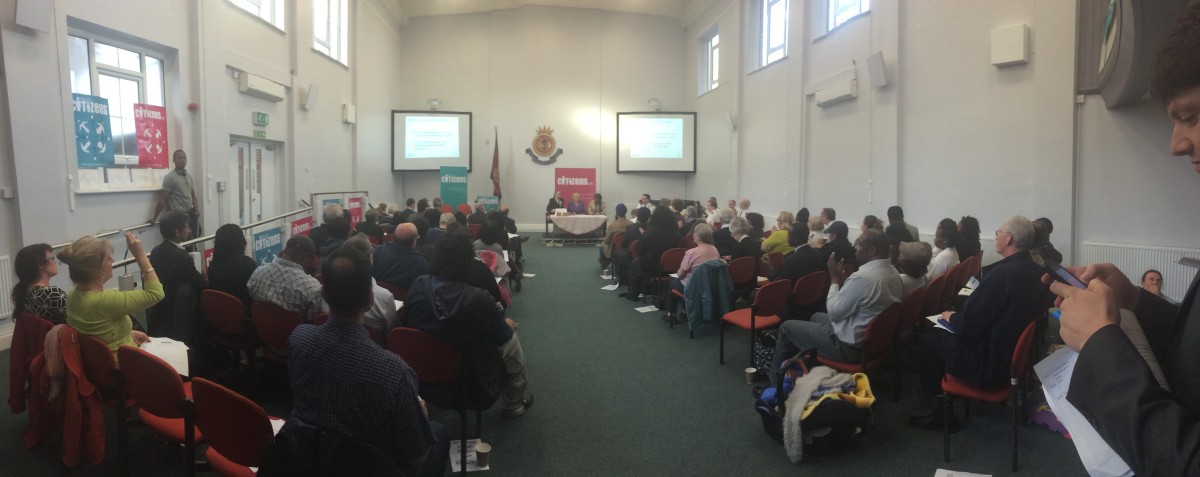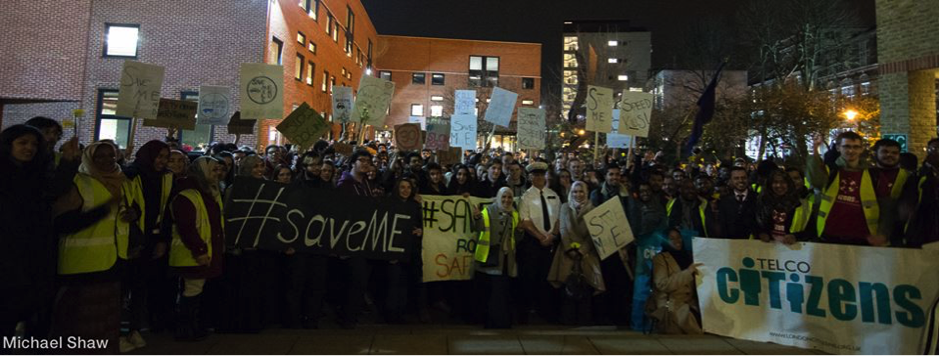Guest post from Panna Simon
When I first came to The Salvation Army in 2012, I was 8 months pregnant and had just been made homeless. I had moved into a privately rented flat that had turned out not to be fit for human inhabitance. There was mould, severe stru ctural problems, no heating and dodgy electricity. It was basically built on top of a garage. This was meant to be the place that I would bring my son back to.
ctural problems, no heating and dodgy electricity. It was basically built on top of a garage. This was meant to be the place that I would bring my son back to.
I reported this to the council who condemned the property straight away but then wouldn’t help me with further accommodation because I was in-between an application changing from jobseekers allowance to maternity allowance. I worked really hard to find a flat and then was able to get some money together for the deposit. I moved in on the Monday. I went in to labour on the Tuesday. Just in time! Continue reading “…a Salvationist, telling my own story…”



 For example, if you’re concerned about how somebody’s Bible study is going, you also need to be concerned about whether they are being paid a fair wage in order to put food on the table for their family, or whether the children have enough space to do their homework, or whether the whole family feels safe on their way to work or school. While the earthly and spiritual might be formally distinct, the two are joined together so tightly that neither can survive separation. It is therefore implicit that a visit should lead to action.
For example, if you’re concerned about how somebody’s Bible study is going, you also need to be concerned about whether they are being paid a fair wage in order to put food on the table for their family, or whether the children have enough space to do their homework, or whether the whole family feels safe on their way to work or school. While the earthly and spiritual might be formally distinct, the two are joined together so tightly that neither can survive separation. It is therefore implicit that a visit should lead to action. 
 ed in East London. Since then the campaign and Citizens UK has blossomed.
ed in East London. Since then the campaign and Citizens UK has blossomed. 